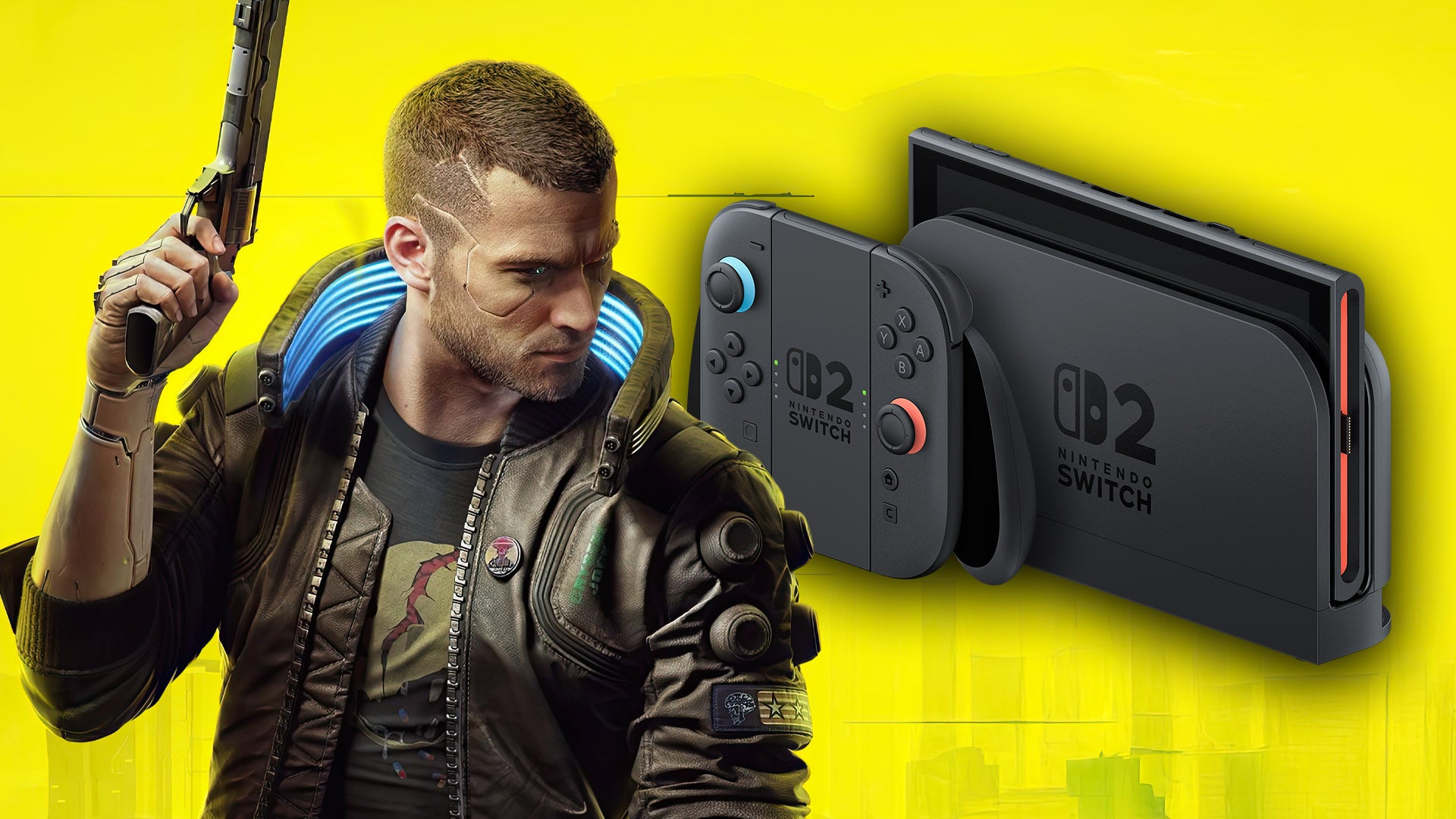During Digital Foundry’s recent Cyberpunk 2077 Switch 2 vs Steam Deck face-off, we used internal benchmarks hidden within the game to compare CPU and GPU performance with some fascinating results – but those test sequences actually run on any version of the game out there. In fact, we’d warrant that they’d even present on the Stadia version if it were still about. Originally, the plan was to dump our PS4 and PS4 Pro data on DF Clips – but we had a re-think in light of a fascinating interview by Wccftech with Virtuos satellite studio Black Shamrock.
It’s rare for a developer to candidly talk about system performance, let alone compare one console directly against another, but comments from Black Shamrock’s Eoin O’Grady were intriguing, kicking off with his thoughts on graphics performance: “GPU-wise, the Switch 2 performs slightly below the Series S; this difference is more noticeable in handheld mode. However, the Series S does not support technologies like DLSS, which the Switch 2 does. This makes the GPU capabilities of the two consoles comparable overall.”
Judging graphics performance is relatively simple – we’ve been doing this for a while now, but it was O’Grady’s comments on CPU capabilities that interested me more: “CPU-wise, there is a clearer distinction between the two consoles. The Switch 2 is closer to the PlayStation 4 in this respect, having a CPU just a bit more powerful than the PS4’s. Since most games tend to be more GPU-bound than CPU-bound when well optimised, the impact of this difference largely depends on the specific game and its target frame rate. Any game shipping at 60fps on the Series S should easily port to the Switch 2. Likewise, a 30fps Series S game that’s GPU-bound should also port well. Games with complex physics, animations, or other CPU-intensive elements might incur additional challenges in reaching 30 or 60fps or require extra optimisation during porting.”
On the one hand, the ARM Cortex A78C used in Switch 2 is clearly pretty potent compared to Switch 1, but on the other hand with ballpark clocks of just 1GHz to 1.1GHz depending on the mode, raw performance will be thin on the ground. Cyberpunk 2077 is one of the most “benchable” games we have, so I was curious to see if that title’s outputs matched Black Shamrock’s estimations.
